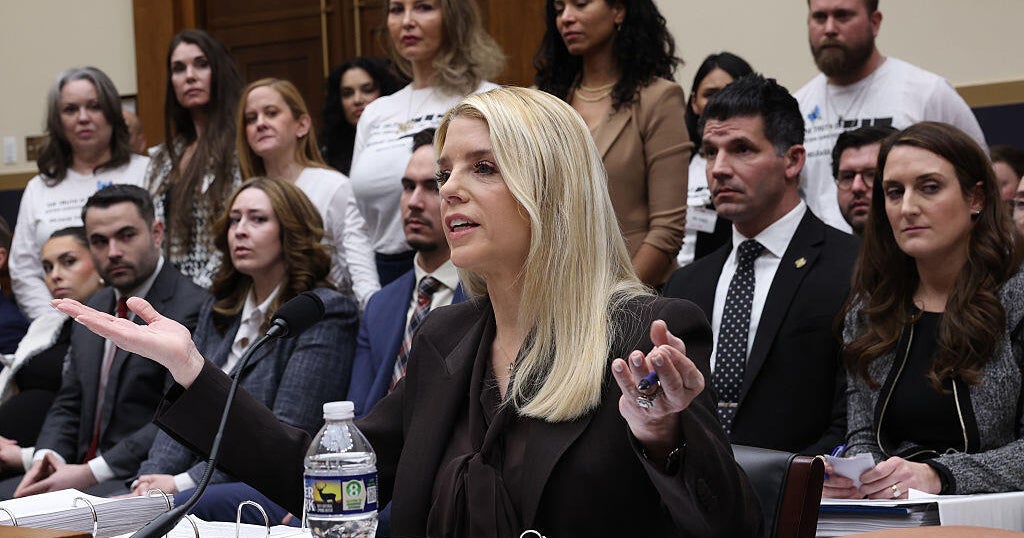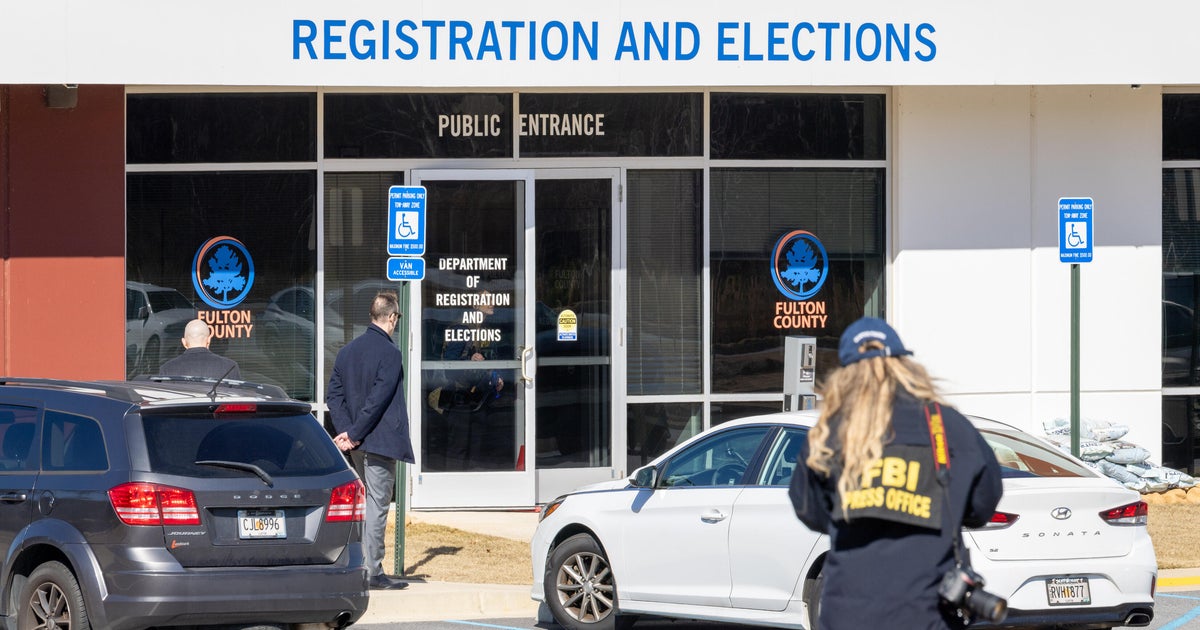"Gaps remain": U.S. responds to latest draft of Iran nuclear deal
The United States is not yet satisfied with the European Union's self-declared final draft of a revived nuclear deal with Iran.
"Gaps remain. We're not there yet," National Security Council strategic communications coordinator John Kirby told reporters Wednesday.
The U.S. sent its response to the European Union on Wednesday, after several days of studying Iran's written proposal.
After more than a week since the U.S. received Iran's comments on the EU's final proposal, State Department spokesperson Ned Price told reporters Wednesday, "Our review of those comments has now concluded. We have responded to the EU today."
The State Department wouldn't comment what the next steps might be, nor on a timeframe, following months of indirect talks between the U.S. and Iran with the EU mediating.
Iran's foreign ministry confirmed receipt of the U.S. response on Wednesday and said that it has begun a "detailed review."
Without being specific, Kirby said, "Iran did accede to some concessions, and that has allowed us to get where we are in the process, and we are closer now than we were even just a couple of weeks ago."
Kirby also said that Iran must answer questions from the International Atomic Energy Agency (IAEA), the United Nation's nuclear watchdog. "Our position on that is not going to change."
"The IAEA detected (uranium) particles and needs information now about where those came from," he added.
President Biden campaigned on a promise to revive the 2015 Joint Comprehensive Plan of Action (JCPOA), an international agreement under which Iran paused its nuclear program in exchange for international sanctions relief. The U.S. exited the deal under President Trump who argued that it was not sufficiently tough on Iran for its destabilizing actions in the Middle East, which were not addressed in the JCPOA.
Israeli Prime Minister Yair Lapid told foreign reporters earlier on Wednesday that the current deal on the table is a "bad one" and that "it does not meet the standards set by President Biden himself: preventing Iran from becoming a nuclear state."
Lapid complained that "the Iranians are making demands again," even though the EU has already finalized its draft for a deal. Now, that draft seems less final, he suggested — "the negotiators are ready to make concessions, again."
"The countries of the West draw a red line, the Iranians ignore it, and the red line moves," Lapid said. "If the Iranians didn't 'take it,' why didn't the world 'leave it?'"
He reiterated that Israel is not a participant in the deal and remains free to act against Iran in preventing it from developing a bomb. Israel has long argued that the JCPOA, the nuclear deal struck between the Obama administration, Western allies and partners and Iran back in 2015, will not stop Iran from developing a nuclear weapon in the long run.
Israel's national security adviser Eyal Hulata met with his U.S. counterpart, Jake Sullivan, at the White House on Tuesday, ahead of a meeting with Deputy Secretary of State Wendy Sherman on Wednesday.
Lapid also claimed that the deal currently on the table "would give Iran $100 billion a year" and warned the Islamic Republic would use the funds to further undermine stability in the Middle East through activities by its Revolutionary Guards, as well as Iran-backed militia groups throughout the region.
U.S. Central Command (CENTCOM) confirmed earlier on Wednesday that the U.S. military conducted precision airstrikes on facilities used by groups affiliated with Iran's Revolutionary Guard in Deir Ezzor, Syria, in response to an Aug. 15 attack on U.S. personnel "by Iran-backed groups."
Under Secretary of Defense for Policy Dr. Colin Kahl told reporters Wednesday "whether the JCPOA is reborn or not, it actually has nothing to do with our willingness and resolve to defend ourselves." Noting U.S. airstrikes Tuesday against Iranian-backed militias in Syria, Kahl added, "I think the strike last night was a pretty clear communication to the Iranians that these things are on different tracks."
Margaret Brennan and Eleanor Watson contributed reporting.



